If you were standing somewhere around Hollywood today, you would hear a long, deep exhalation. The new Bad Boys film, snappily subtitled Ride or Die, has indeed ridden, rather than expired, at the US box office. It grossed $56 million in its opening weekend — and not only is this the highest opening for an R-rated film since Oppenheimer nearly a year ago, but it indicates that in a summer where blockbusters have been routinely un-performing (Furiosa and The Fall Guy may have been critically acclaimed, but it looks unlikely either will cover their considerable production costs), there is still hope for a crowd-pleasing action film that appeals to a wide audience.
Yet the film’s success was also a quasi-referendum on the pulling power of its leading man. When Will Smith strode onto the stage at the 2022 Oscars to slap Chris Rock, it was without obvious premeditation or precedent, but it was clear a matter of a few hours later that his career hung in the balance: ironically, given that he had just been given the Academy Award for Best Actor for King Richard. It should have been a recognition that Smith, no longer the younger leading man who had seen the likes of Independence Day and Men in Black become mega-hits, was maturing into a more than capable thespian who was still able to draw audiences, but instead his act of aggression seemed career-ending.
Canceling actors is a strange business. Directors are routinely ostracized from the Hollywood community because their films have flopped (seen anything of Tom Hooper after Cats?) and there’s even an expression for it: “director jail.” Yet actors largely manage to avoid such opprobrium. Instead, they have to have done something very, very bad in order to find themselves out of work indefinitely. This can either be a criminal conviction (Jonathan Majors), endless court cases and allegations (Kevin Spacey) or consistently expressing the wrong kind of political opinions (various stars you now only see in low-budget productions). Mel Gibson, perhaps the most famous example of this kind of career difficulty in the past two decades, was Oscar-nominated for directing the excellent Hacksaw Ridge after his own cancellation and has parlayed that into a steady, if uninteresting, career appearing in the kind of B-movies that Bruce Willis would once have taken on. But Smith was an altogether different case.
To be sure, he appeared in Apple’s Emancipation, made pre-slap and released after it, but it was never given a notable cinematic release and in any case the dour, downbeat anti-slavery thriller was hardly the stuff of box office dreams. Yet he had been one of Hollywood’s canniest operators for years, mixing up his two franchises, Bad Boys and Men in Black, with strange but clearly heartfelt personal dramas, in many of which he perished heroically at the end. Despite tales of an unorthodox personal life, including an open marriage to Jada Pinkett, Smith was Hollywood royalty, an A-lister beyond reproach. Then he lost his temper publicly and everything seemed to go wrong.
Of course, even pre-slap, Smith’s star was not as it was. He’d had plenty of flops, including Ang Lee’s Gemini Man and even King Richard, but the third Bad Boys film had been a big hit, suggesting that the franchise was rock solid, despite the tasteless excess of the second movie. The fourth, which functions as a direct sequel to the third, may have earned slightly less in its opening weekend, and attracted a shade less critical praise, but Smith’s standing is once again confirmed. Summer blockbusters in Hollywood have hope again, as does the career of the man once known as Big Willie Style. That sigh of relief you hear is a long, deep one indeed.



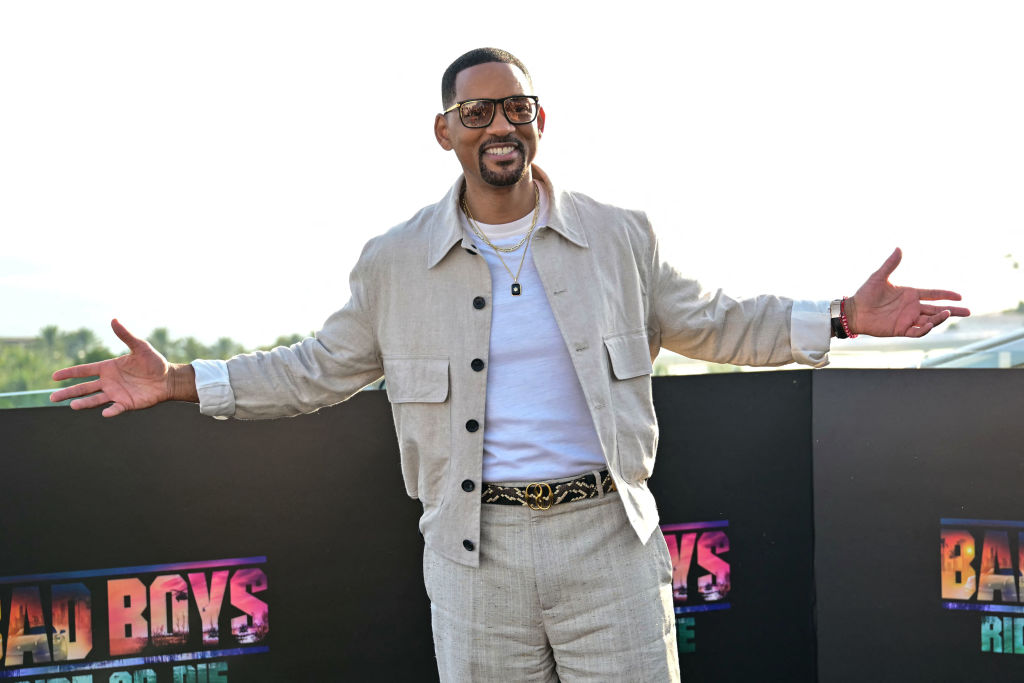






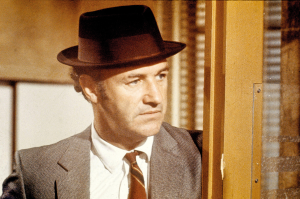




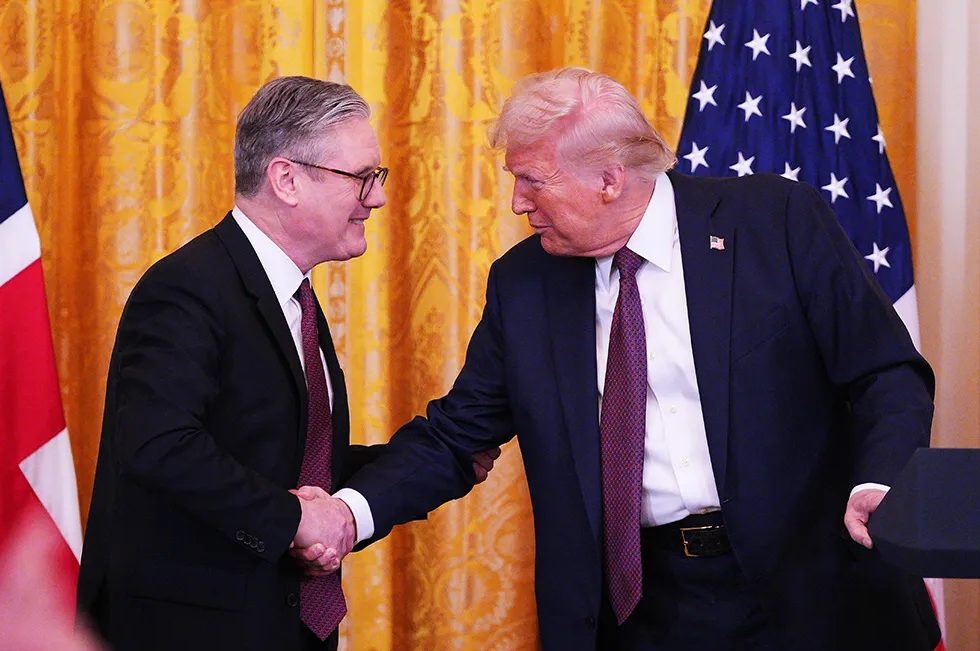
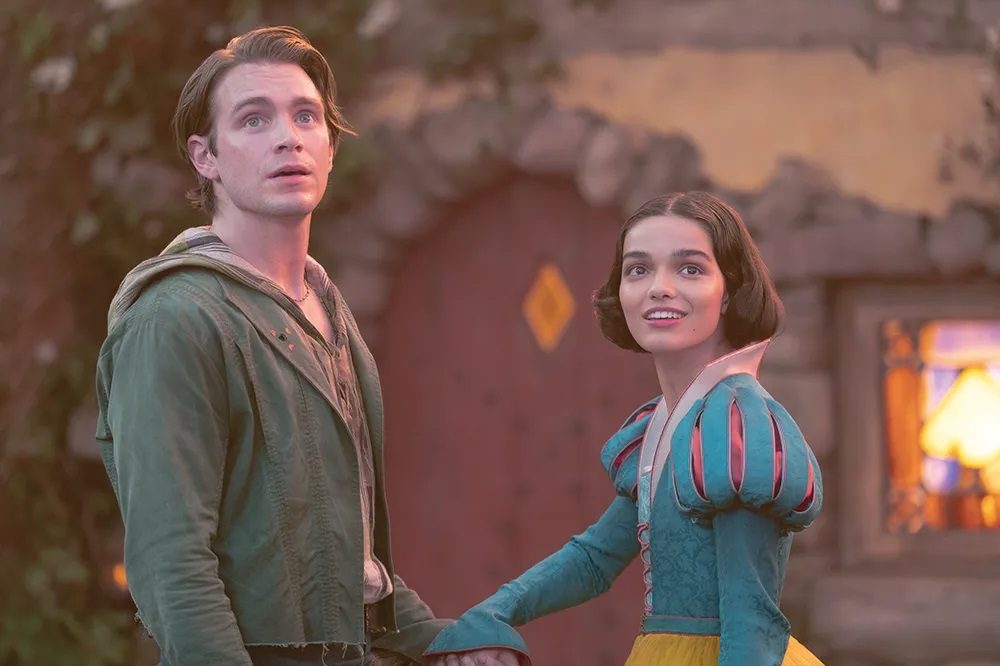
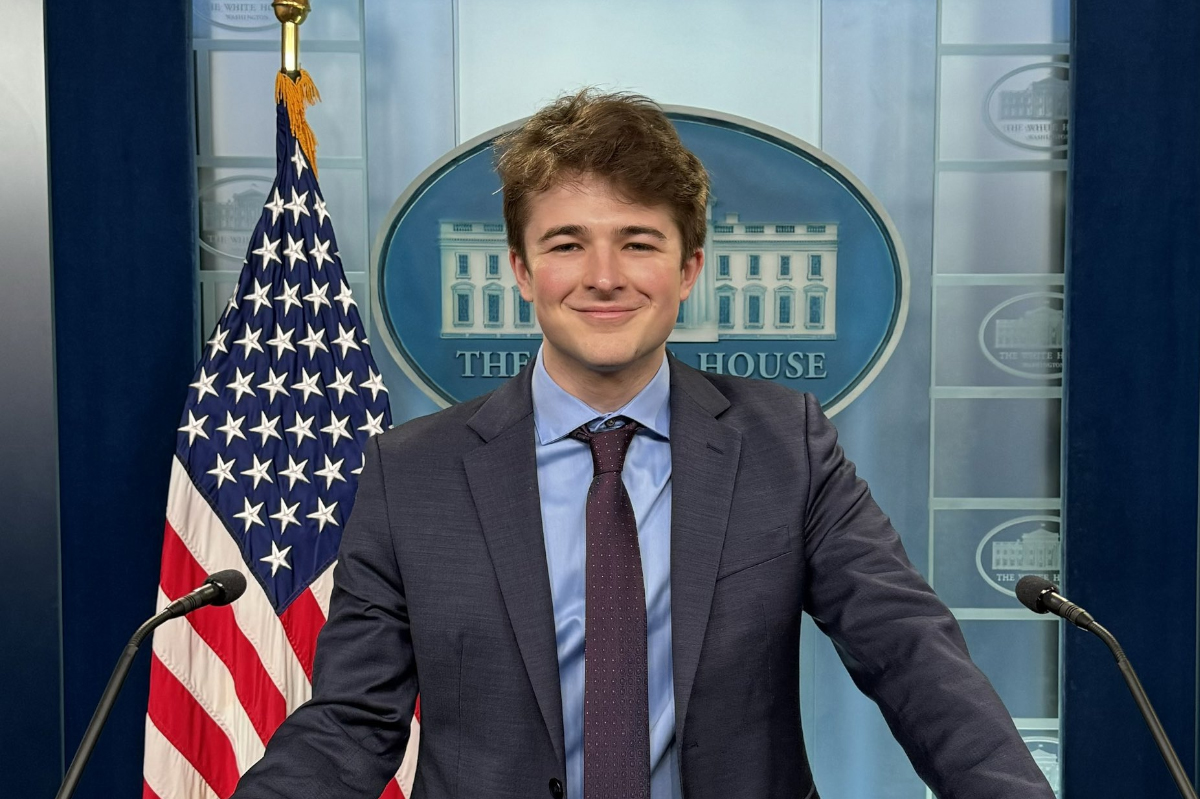








Leave a Reply